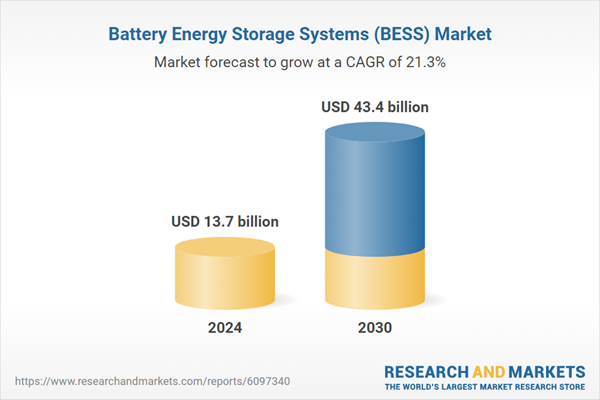Are you tired of being left in the dark during power outages? With a home backup power system, you can have peace of mind knowing that your essential appliances and devices will keep running even when the grid goes down. But like any equipment, these systems need proper testing and maintenance to ensure optimal performance. In this blog post, we'll show you how to test and maintain your home backup power system so that it's always ready when you need it most. So let's get started!
There are many reasons to have a backup power system in your home. First, it provides peace of mind in the event of a power outage. Second, it can keep your family comfortable during an extended power outage. Third, it can save you money by avoiding the need to purchase expensive generators. Fourth, it can protect your electronics and appliances from damage caused by power surges. Finally, it can provide you with a reliable source of power in the event of a natural disaster.
Your home backup power system is a crucial part of your emergency preparedness plan. To ensure that it is ready to provide power when you need it, it is important to test it regularly. Here are some tips for testing your backup power system:
1. Visual inspection: Regularly check your backup power system for any signs of wear or damage.
2. Load testing: With your backup power system disconnected from the grid, run some appliances or lights to make sure the system can handle the load.
3. Battery test: Make sure the batteries in your backup power system are charged and in good condition. You can do this by using a voltmeter to measure the voltage of the batteries.
4. Generator test: If your backup power system includes a generator, run it regularly to make sure it is in good working condition.
Assuming you have a home backup power system in place, it's important to keep it well-maintained to ensure it will work properly when you need it. Here are some tips on how to test and maintain your system:
1. Test your system regularly. At a minimum, you should run a test of your system once a month. This will help ensure that everything is working properly and that there are no issues that need to be addressed.
2. Keep your batteries charged. Batteries are the heart of any backup power system, so it's important to keep them charged and in good condition. Make sure to follow the manufacturer's recommendations for charging and care of your batteries.
3. Check your generator regularly. If you have a generator as part of your backup power system, make sure to check it regularly and perform any necessary maintenance tasks according to the manufacturer's recommendations. This includes changing the oil and filters as needed, as well as checking the fuel levels and making sure there is no debris blocking the air intakes.
4. Inspect your wiring and connections. Periodically check all of the wiring and connections in your system to make sure they are tight and free of damage or corrosion. This is especially important if you live in an area with high humidity or salty air, as these can accelerate corrosion of metal components.
Testing and maintaining your home backup power system is essential to ensure that it continues to perform at its best. Regular maintenance checks, testing the batteries for capacity, and keeping an eye out for any potential issues will all help you get the most from your system. With a well-maintained power backup in place, you can be sure that when the lights do go off unexpectedly, you'll have the peace of mind of knowing that your home and family are secure.


